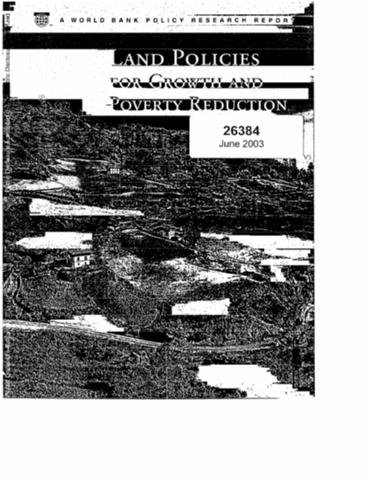State-induced violence and poverty in Burma
...The objective of this research paper is to describe specific ways in which the State
Peace and Development Council (SPDC) deprives the people of Burma of their land
and livelihood. Confiscation of land, labour, crops and capital; destruction of person
and property; forced labour; looting and expropriation of food and possessions;
forced sale of crops to the military; extortion of money through official and
unofficial taxes and levies; forced relocation and other abuses by the State...






